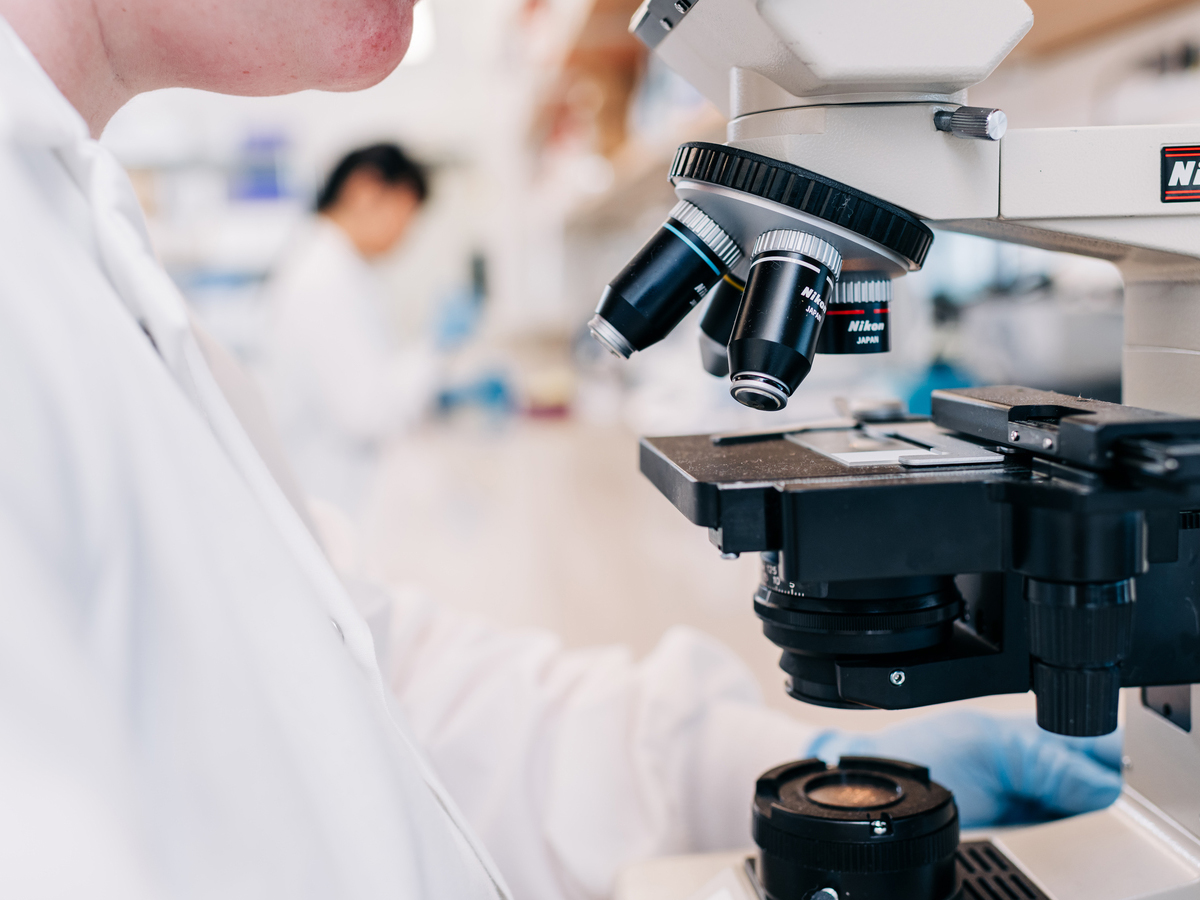New research published by University of Alabama at Birmingham researcher Jeffrey Morris, Ph.D., in Nature Climate Change, proposes the ocean’s food chain might operate differently in the future, based on the effects climate change will have on phytoplankton communities.
Phytoplankton’s role in the marine food chain is particularly significant. Phytoplankton, which are microscopic marine plants, form the foundation of the marine food web and regulate key biogeochemical processes. In a balanced ecosystem, phytoplankton provide food for a wide range of sea creatures, including whales, shrimp, snails and jellyfish.
Ocean Acidification to Lead the Way for Food Chain Changes
Announcements
CAS News
July 21, 2015
More News
-
 Bacteria-derived protein source shows positive results for health benefits, potentially reducing cholesterolUAB researchers have begun testing on a bacteria-derived protein, and early studies show it could lower cholesterol and improve metabolism.
Bacteria-derived protein source shows positive results for health benefits, potentially reducing cholesterolUAB researchers have begun testing on a bacteria-derived protein, and early studies show it could lower cholesterol and improve metabolism. -
 Nov. 12-16, Theatre UAB presents “A Gentleman’s Guide to Love and Murder”A distant heir to a family fortune sets out to speed up the line of succession by using a great deal of charm, and a dash of murder, in this hilarious musical.
Nov. 12-16, Theatre UAB presents “A Gentleman’s Guide to Love and Murder”A distant heir to a family fortune sets out to speed up the line of succession by using a great deal of charm, and a dash of murder, in this hilarious musical. -
 Panion’s arrangements to be performed by London Symphony OrchestraTwo Richard Smallwood songs arranged by Henry Panion III, Ph.D., “Anthem of Praise” and “Bless the Lord,” are on the program for the Nov. 9 concert “Symphonic Gospel: Celebration.”
Panion’s arrangements to be performed by London Symphony OrchestraTwo Richard Smallwood songs arranged by Henry Panion III, Ph.D., “Anthem of Praise” and “Bless the Lord,” are on the program for the Nov. 9 concert “Symphonic Gospel: Celebration.”